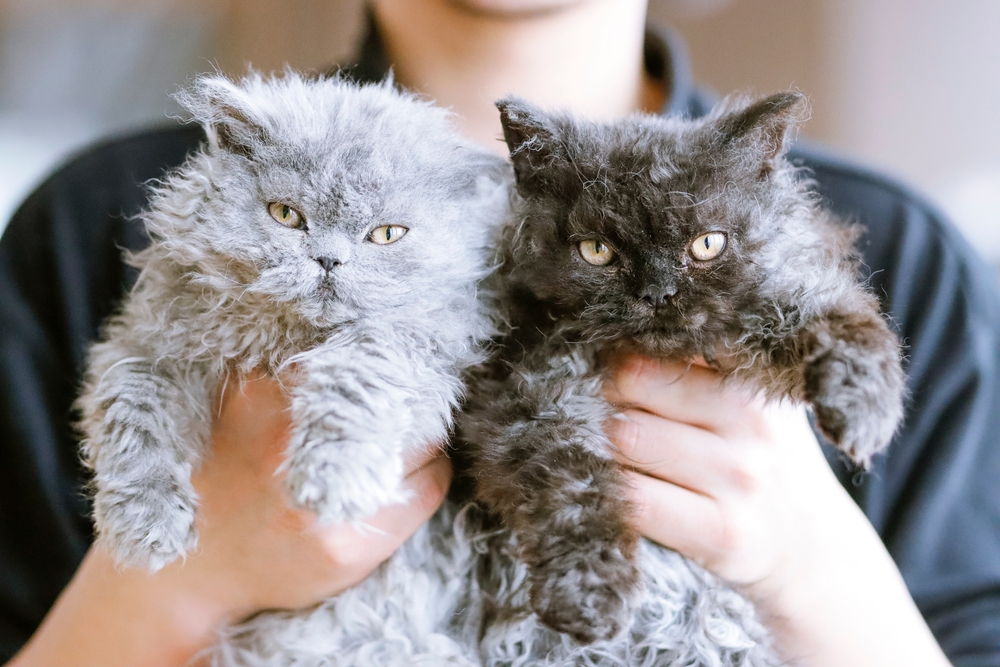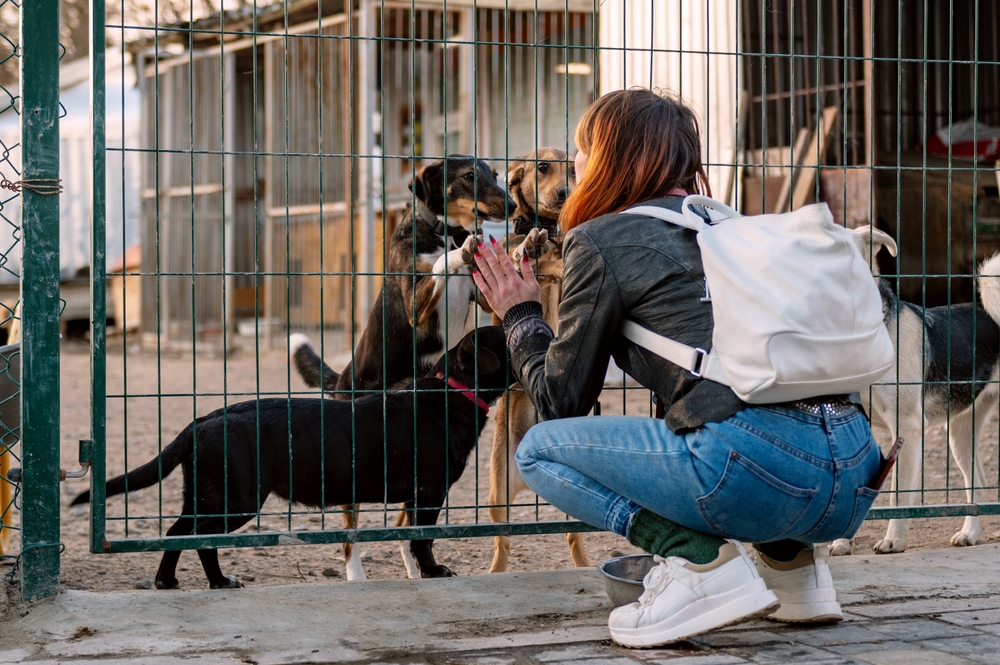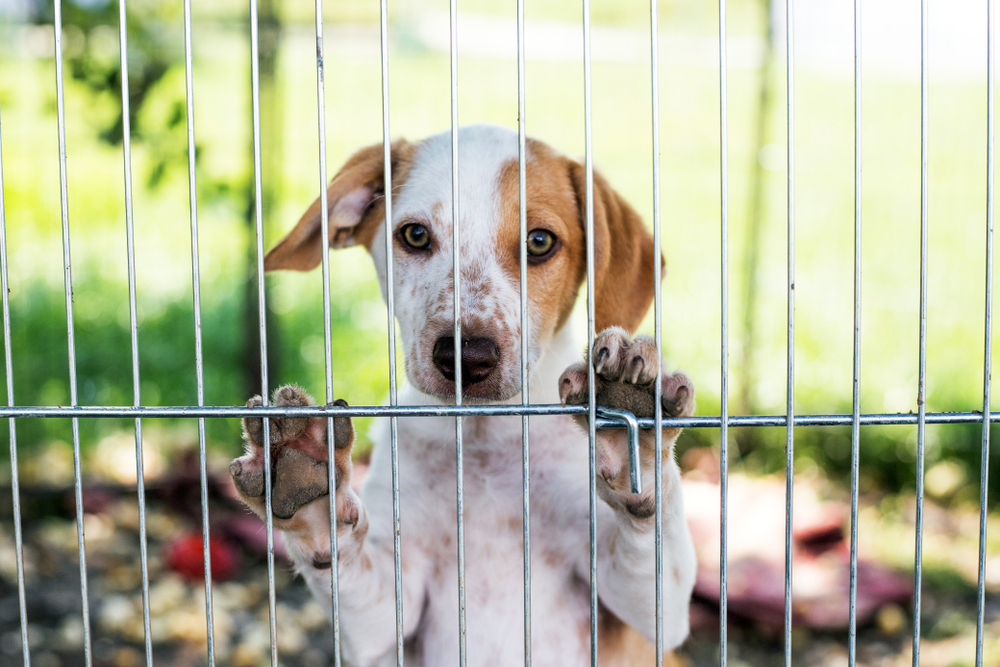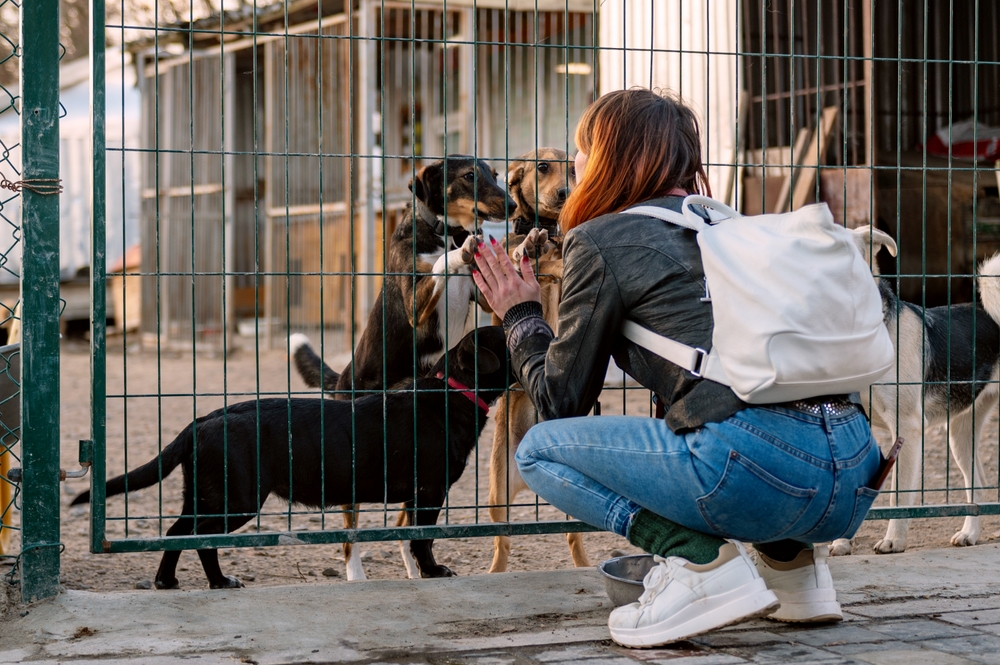Denver Takes a Stand: New Law Bans Pet Sales to Encourage Shelter Adoptions

In the heart of Denver, a decision was made that could reshape how we think about compassion and responsibility. On September 15, the Denver City Council voted to prohibit the retail sale of dogs, cats, and rabbits. To many, this may seem like a minor policy change, but it carries enormous symbolic and moral weight. It represents a deliberate stand against cruelty and a redefinition of what ethical progress looks like in our modern world. The measure now sits on the desk of Mayor Mike Johnston, awaiting his signature to become law. If approved, Denver will join the ranks of cities across the nation that have decided enough is enough when it comes to the commercial breeding and sale of animals. Beneath the formalities of legislation lies a deeply human truth: sometimes progress is not about what we invent or build, but what we have the courage to stop.
When a city like Denver takes such a stand, it reminds the rest of us that the fight for kindness is not abstract. It lives in our daily choices, in the policies we vote for, and in the way we define the word “community.” The story here is not just about animals in cages. It is about a society learning to align its values with its actions. For years, animal welfare groups have warned about the horrors of mass breeding facilities, often called puppy mills, where profit replaces empathy. Denver’s vote marks a clear refusal to let that kind of suffering become part of its story. The fact that no pet stores in the city currently sell these animals only adds to the weight of the decision. It is a preemptive act, one rooted in vision rather than reaction, a promise that Denver will remain a place where compassion comes first.

A Stand Against Suffering
At the center of this ordinance is a rejection of the puppy mill industry, a business that thrives in secrecy. In these facilities, animals are treated as products. Dogs live their entire lives in small wire cages, stacked in rows, with barely enough room to stand or turn around. Many never feel the grass beneath their paws. Cats are bred repeatedly, their bodies pushed to exhaustion, while rabbits are often kept in cramped, unsanitary conditions where disease spreads easily. When people buy these animals from pet stores, they rarely see the pain that created those bright eyes behind the glass. They see innocence and joy, not knowing that behind the curtain lies a cycle of suffering perpetuated for profit.
Denver’s ordinance is a bold act of prevention. Even though there are currently no stores in the city selling dogs, cats, or rabbits, this law closes the door to cruelty before it can step inside. It represents foresight: a city refusing to wait until abuse becomes visible before taking action. The measure was championed by the Metro Denver Animal Welfare Alliance, a coalition that includes the Denver Animal Shelter, Humane Colorado, and more than twenty other organizations working together to end the cycle of exploitation. Their united goal is to ensure that animals find homes through rescue and adoption rather than retail shelves. In doing so, Denver is redefining what it means to lead with empathy, proving that governance can have both practicality and heart.

The Reality We Don’t Want to See
Across the United States, hundreds of thousands of animals are suffering quietly in shelters and breeding facilities. According to the American Society for the Prevention of Cruelty to Animals, about 920,000 shelter animals are euthanized each year, including approximately 390,000 dogs and 530,000 cats. Behind each of those numbers is a living being that once hoped for love and belonging. Overbreeding, impulsive purchases, and neglect have created an endless loop of abandonment. Every time someone chooses to buy a puppy from a breeder or a pet store instead of adopting, that loop tightens a little more.
Visiting an animal shelter can be an emotional experience that opens your eyes to the scale of the problem. You see dogs whose trust was broken but who still wag their tails when you approach. You see cats watching you from behind the bars, cautious but still curious, as if daring to hope that someone will finally see them. You see rabbits twitching their noses, waiting patiently for kindness they may never have known. These animals are not broken; they are survivors. Every one of them is proof that love can heal, that resilience can endure even after betrayal. The Denver ordinance is a small but powerful step toward giving them that chance. It acknowledges a truth that is easy to forget in the noise of modern life: compassion begins with the choices we make every day.
The Ripple Effect of Compassion
Denver’s decision will likely inspire other cities to reconsider their own policies. Places like Los Angeles, Chicago, and Boston have already implemented similar bans, and the results have been encouraging. Many pet stores in those cities have reinvented themselves, partnering with shelters and rescue organizations instead of commercial breeders. They host adoption events, feature animals from local shelters, and become spaces that promote care instead of commerce. The transformation is remarkable because it proves that ethical business can thrive when guided by empathy rather than greed.
This ripple effect extends beyond policy and into the cultural fabric of society. When children grow up in a community where adoption is celebrated and animal welfare is protected, they learn a different kind of value system. They begin to understand that living beings are not possessions but companions. They learn that kindness is strength, not weakness. Each law like Denver’s reshapes how future generations perceive responsibility. It teaches that compassion is not just a private virtue but a public good: something that should be woven into the laws we live by and the values we teach.

Critics and Questions
Not everyone welcomes Denver’s decision. Some critics argue that the ordinance restricts consumer freedom or unfairly targets responsible breeders who care deeply for their animals. However, the law is not an attack on ethical breeders. It simply removes the connection between pet stores and large-scale commercial breeding operations that often exploit animals for profit. Small, reputable breeders who maintain humane practices and prioritize animal welfare can continue their work without interference. The law targets the system, not the individuals who operate with integrity.
Others believe the ordinance is merely symbolic because no Denver pet stores currently sell these animals. But to dismiss the power of symbolism is to misunderstand how social change happens. Symbols are catalysts. They influence behavior, shape expectations, and signal what a community stands for. This law, though preventive, sends a clear message: Denver will not wait until cruelty is visible before acting against it. The ordinance demonstrates a kind of leadership that values foresight over complacency, prevention over repair. It tells the rest of the country that real progress often begins with moral clarity rather than crisis response.

What This Says About Us
Every era brings new definitions of compassion. There was a time when animals were viewed solely as tools or property, when their emotions were dismissed as instinct. Today, science and experience tell a different story. Animals feel joy, grief, affection, and fear. They build bonds, mourn loss, and crave connection. Denver’s ordinance acknowledges these truths and transforms empathy into policy. It is part of a broader awakening in how humans see their role in the world: not as rulers, but as caretakers.
This decision says something profound about who we are becoming. It shows that empathy can evolve from sentiment into structure, from feeling into law. It invites us to look beyond the immediate and consider the moral weight of our everyday choices. Denver’s stand for animal welfare is also a stand for human integrity. When a society protects the most vulnerable, it becomes stronger, not weaker. This moment in Denver’s history is about more than dogs, cats, or rabbits. It is about choosing humanity over habit, and compassion over convenience.
A Call Beyond Denver
Denver’s action is part of a larger movement that challenges the way the world treats its animals. The shelter crisis, the overbreeding, the neglect: these problems extend far beyond one city’s borders. The Metro Denver Animal Welfare Alliance hopes that this ordinance will inspire other municipalities to follow suit. Each new law that prevents animal exploitation becomes a brick in the foundation of a kinder, more responsible nation.
But this movement does not end with legislation. True change starts with individuals. It begins with people deciding to adopt rather than shop, to volunteer at shelters, to support rescue organizations, and to educate others about the importance of animal welfare. Every act of compassion, no matter how small, contributes to the greater whole. When enough people choose empathy, entire systems shift. When enough communities prioritize kindness, cruelty loses its power.

Conclusion: Choosing Better Stories
What Denver has done is more than pass an ordinance; it has written a new kind of story. It is the story of a city that looked at the suffering hidden behind commerce and decided to do better. It is a reminder that laws are not just tools for governance but expressions of collective conscience. In a time when profit often overshadows principle, Denver chose purpose. The city chose to see life: in all its form: as sacred, and worth protecting.

As the bill awaits the Mayor’s signature, Denver stands as an example of what happens when empathy leads. This law may not solve every problem, but it points us toward a world where fewer animals suffer and more people care. It shows that real strength lies not in domination but in protection. The story of Denver’s ban is, ultimately, the story of humanity’s ongoing evolution toward kindness. And it challenges all of us to ask: if a city can choose compassion, why can’t we?
Loading...

